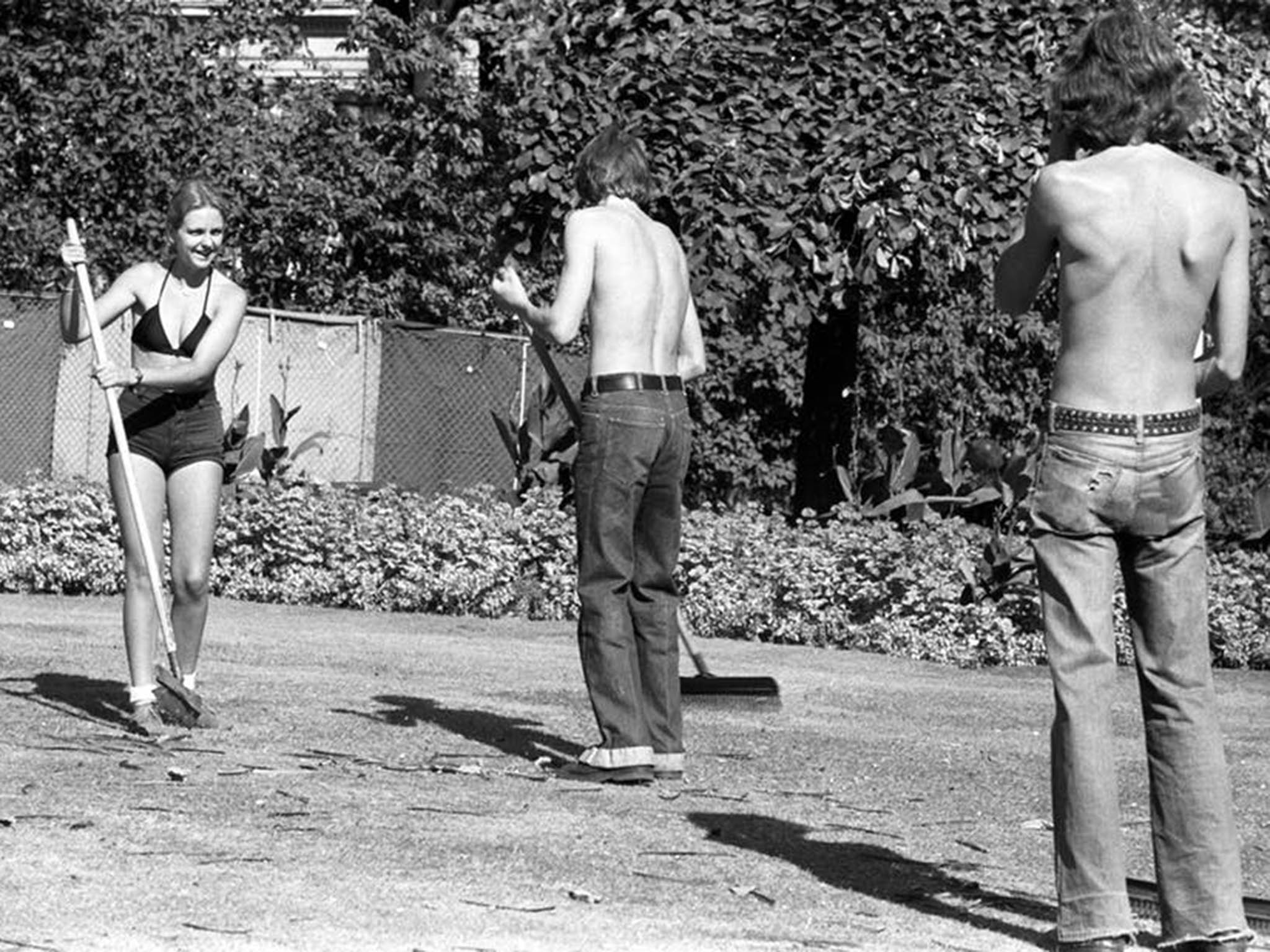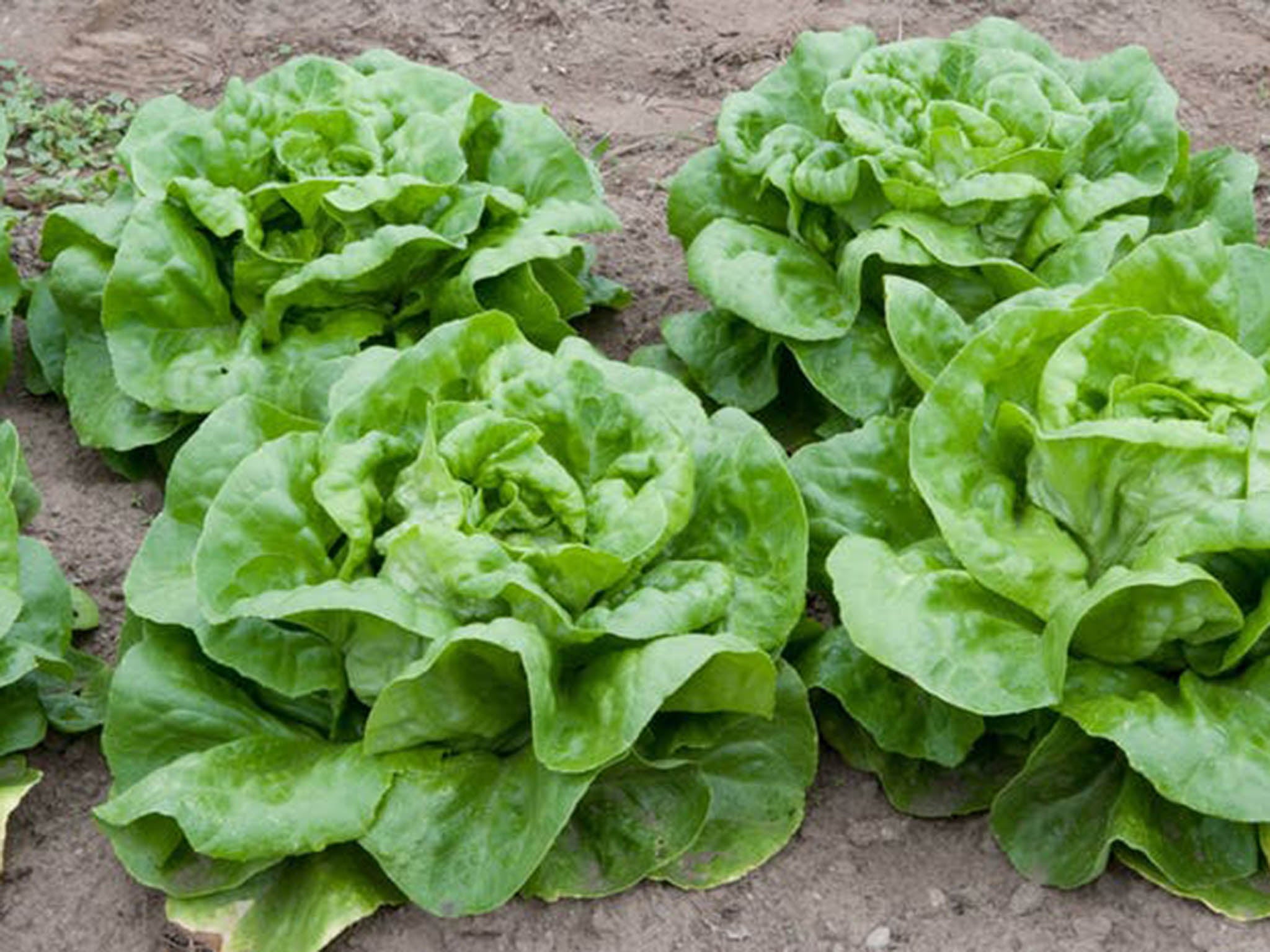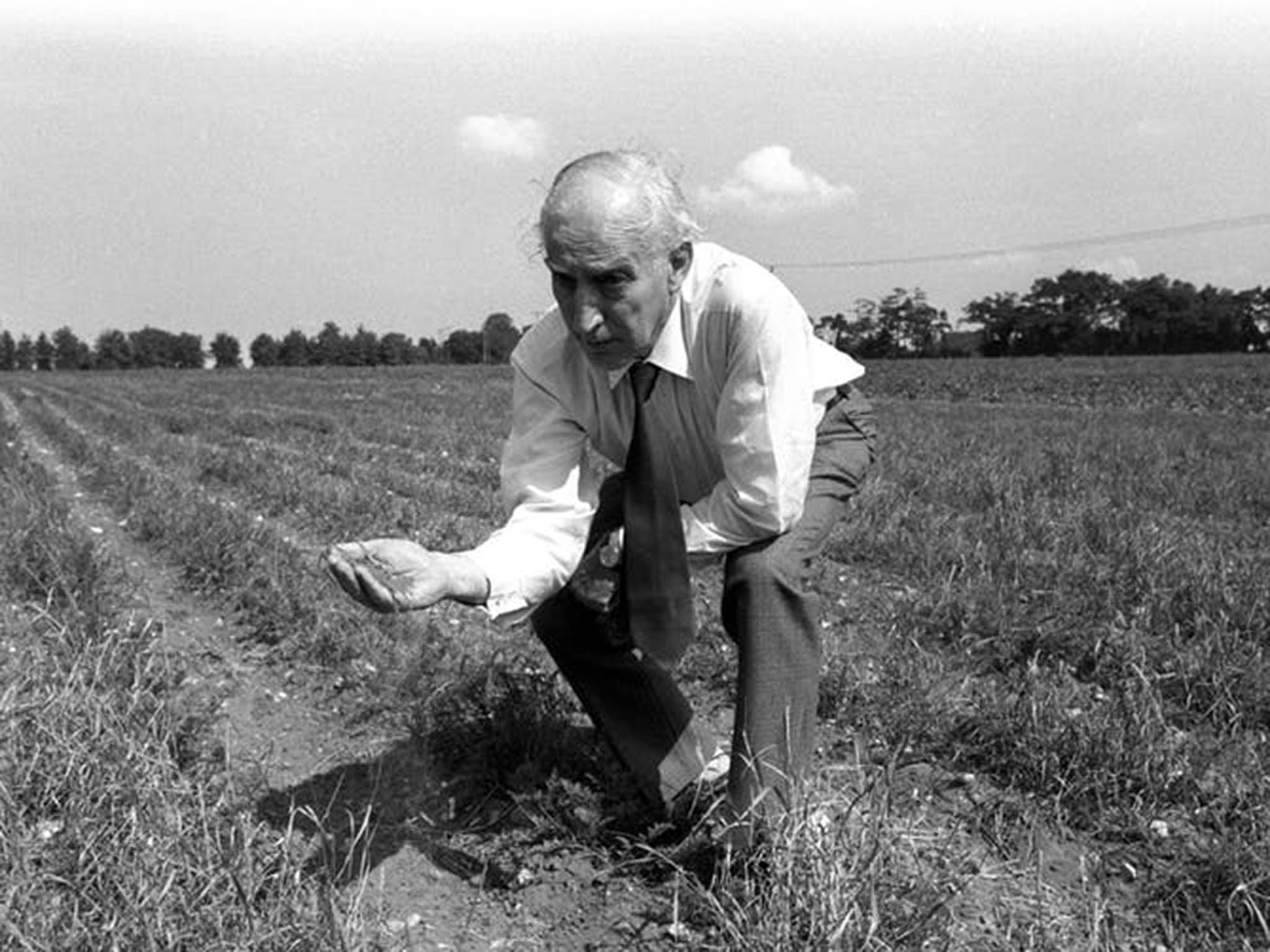Heatwave-induced food shortages this summer won’t be as bad as in the Seventies
June 1976 brought vegetable shortages and astronomically high prices for some food items, with the government even introducing food subsidies. Nowadays, we’re better equipped to deal with the challenge

Comparisons have been made between summer 2018 and Britain’s record breaking heatwave of 1976, which is often hailed as being unprecedented for how hot and dry it was. June 2018 has not only been the hottest since 1976, it is also one of the driest on record.
For those that love the summer sunshine and see rain as the source of a washed out barbecue, this is welcome news. But 1976 was also famous for the drought that left fields brown and made life extremely difficult for farmers, ultimately affecting the country’s food supply.
A closer look at the conditions in 1976 shows why farmers (and shoppers) today are likely to be better off in the face of a prolonged, extremely hot and dry summer.
Certainly, reports of crops wilting in the heat has raised concerns that there could be widespread food shortages. For example, vegetables such as broccoli, cauliflower and notably salad crops including lettuces have already been affected. There are also fears that there may be a shortage of potatoes (and in turn crisps) due to a combination of the cold weather that affected Britain earlier in the year and the current heatwave.
June 1976 brought vegetable shortages and astronomically high prices for some items, particularly for potatoes. The year is also remembered because the Labour government at the time was forced to introduce food subsidies in a desperate attempt to keep down the cost of living. Official files held at The National Archives, contemporary reports and the farming press reveal the devastating impact the drought had on agricultural production, as well as the extent to which shortages led to a rapid increase in prices.

Potato problem
Potatoes are shallow-rooted plants that are sensitive to even small deficiencies of water in the root zone. When moisture stress occurs, as evidenced by the wilting of the leaves, the growth rate is significantly reduced, which in turn affects both their quality and yield.
In the 1970s, unlike today, irrigation was limited to a small number of farmers. Potato crops were therefore subject to severe water shortages, which led to very slow growth, particularly for those crops being grown on more drought-prone lighter soils. So, while the dry winter of 1975-76 had enabled potatoes and horticultural crops to be planted early, the ground was already suffering from a moisture deficit.
In 1976, although many food prices rose significantly, the increases were dwarfed by the exponential rise in the price of potatoes, with production down by approximately 40 per cent. Given the relatively constant demand for potatoes by mid to late winter, prices were six times higher than what they were in a normal season.
But price hikes of this magnitude are less likely to occur today. British consumers are not as dependent on potatoes as a staple item of their diet as they were in the 1970s due to the availability of alternative starchy foods such as pasta and rice.
Today farmers are better able to irrigate their crops, enabling them to mitigate some of the worst effects of the present exceptionally dry conditions. There are still issues of concern, though – notably that this year many main crop potatoes were planted late because of the cold, wet spring. Nonetheless, it is highly likely that the unprecedented price rises experienced following the 1976 drought will not be repeated.

When the rains come
When the drought finally ended at the end of August 1976, September turned out to be abnormally wet, with high rainfall continuing throughout the autumn. This was significant in how it affected the crops when the rain finally came. The onset of rain led to a secondary growth of potatoes. The existing potatoes, instead of being able to use the moisture to grow, produced small new potatoes of their own.
The wet autumn of 1976 not only delayed the harvesting of the potato crops, but meant much of the crop went into store wet and ill-suited for long-term keeping. It was the combination of factors taking place in the autumn that led to the later high prices for potatoes.
In spite of the present drought, it is highly unlikely that the shortages will be as bad as those that occurred in the 1976. It is probable that even if the present dry hot weather continues it will not produce a repeat quite of the magnitude of the food price hikes that occurred in 1976. These reflected not only the impact of the west European drought but also international factors, in particular an El Niño induced reduction in world food production.
This is not to say that food prices, particularly for potatoes, will not be affected. But the significance of the price rises will likely be considerably less than in 1976. Nevertheless, based on the experiences of 1976, the price rises may not be confined to a single year – it all depends on how the weather changes in the months to come.
James Paul Bowen is an honorary research fellow at the University of Liverpool and John Martin is an honorary research fellow at the University of Leicester. This article first appeared on The Conversation (theconversation.com)
Join our commenting forum
Join thought-provoking conversations, follow other Independent readers and see their replies
Comments
Bookmark popover
Removed from bookmarks